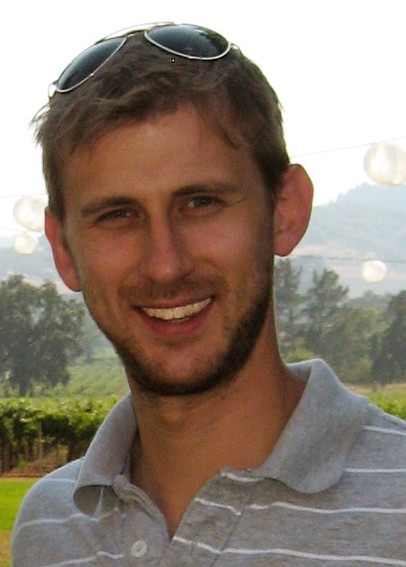Ault urges changes to proposed N.Y. climate change mitigation bill
By Blaine Friedlander
Toby Ault, assistant professor of earth and atmospheric sciences, suggested strong carbon-tracking improvements be included in a proposed New York State Senate bill intended to mitigate the state’s greenhouse gas emissions.
The proposed Senate Bill S6617-A – the Climate and Community Protection Act – is sponsored by Sen. Tony Avella, D-11th District, and it is currently in committee. In June 2017, the New York Assembly passed its version of the act. If made law, the bill will establish the New York State Climate Action Council as well as mitigate the impacts of climate change in New York.
“I am skeptical that the [Senate] bill in its current form will accomplish what it sets out to do without further detail on how carbon inventories and emission sources will be evaluated, monitored and updated,” Ault said Nov. 14 at a public forum hosted by Avella in Queens, New York.
Ault explained that while the current bill focuses on transportation- and energy production-sector greenhouse gas emissions, but it does not account for protecting forest and land sinks.
Northeastern forests pull carbon from the atmosphere and store it in trees and soils. The bill must “ensure that existing carbon sinks continue to serve that role and discourage land use that would result in existing sinks getting converted to future carbon dioxide sources,” he said.
Carbon dioxide mitigation at the farm scale goes hand in hand with carbon emissions reduction. “Agriculture … has the potential – at least in principle – to be relatively carbon neutral or even carbon negative, depending on land-use management choices and livestock feed,” Ault said.
Building up soil carbon reduces net emissions while at the same time buffers soils during droughts and floods, he said: “Differences in livestock diets can have large impacts on net emissions, but this component of agricultural carbon emission is ignored.”
Ault suggested taking the energy grid into account to accommodate renewable energy sources of the future. Renewable energy like solar and wind power are notoriously intermittent, Ault said, as the sun only shines part of the day and winds vary according to seasonal timescales.
Last summer, two Cornell’s professors expressed doubt on the efficacy of the Assembly bill to eliminate greenhouse gas emission. In an open letter, Anthony Ingraffea, the Dwight C. Baum Professor of Engineering Emeritus, and Robert Howarth, the David R. Atkinson Professor of Ecology and Evolutionary Biology, said greenhouse gas elimination mandates add to the problem.
“Using New York State Energy Research and Development Authority estimates of emissions, the bill actually lets greenhouse gas emissions rise dramatically through 2020, then mandates that they be cut in half just 10 years later,” they wrote. That “prescribes an unachievable schedule.”
Ault also echoed the concerns presented by Howarth and Ingraffea.
Media Contact
Get Cornell news delivered right to your inbox.
Subscribe